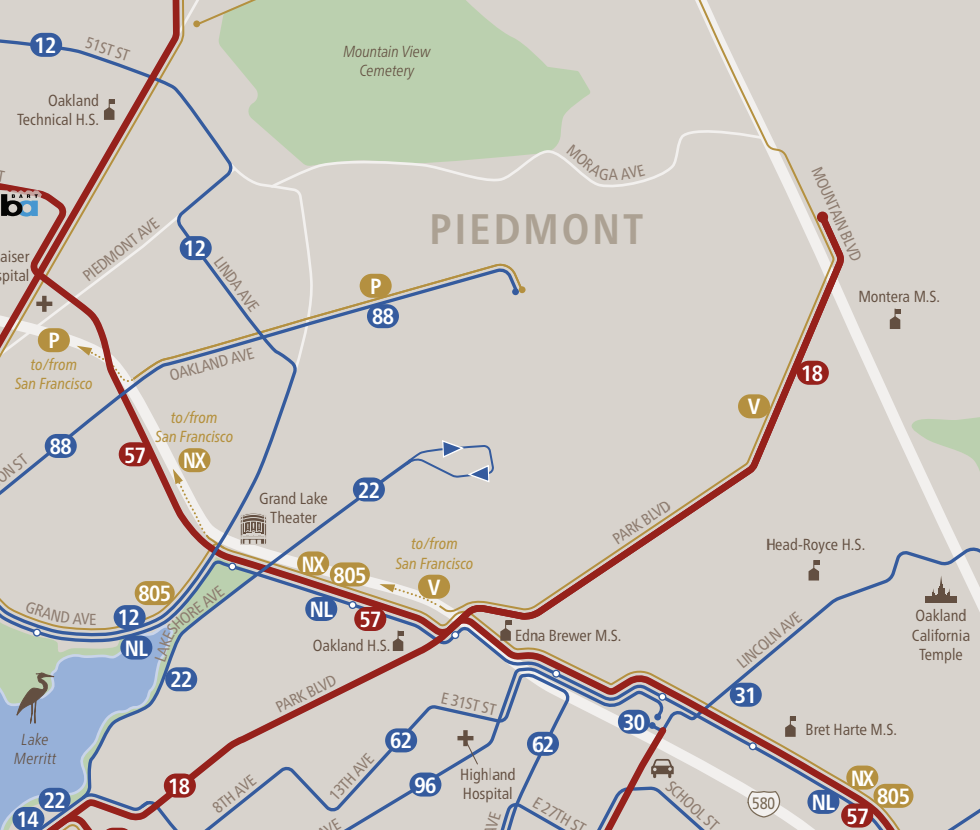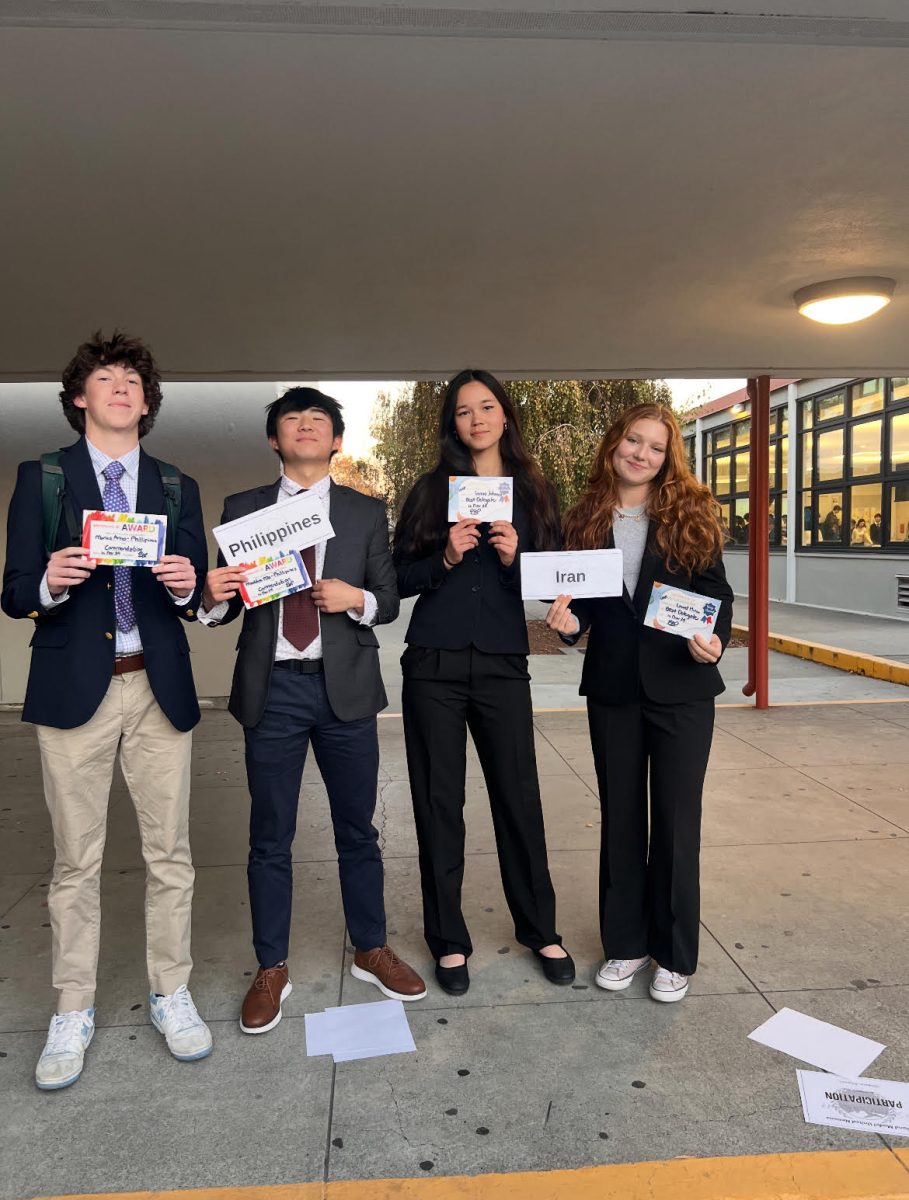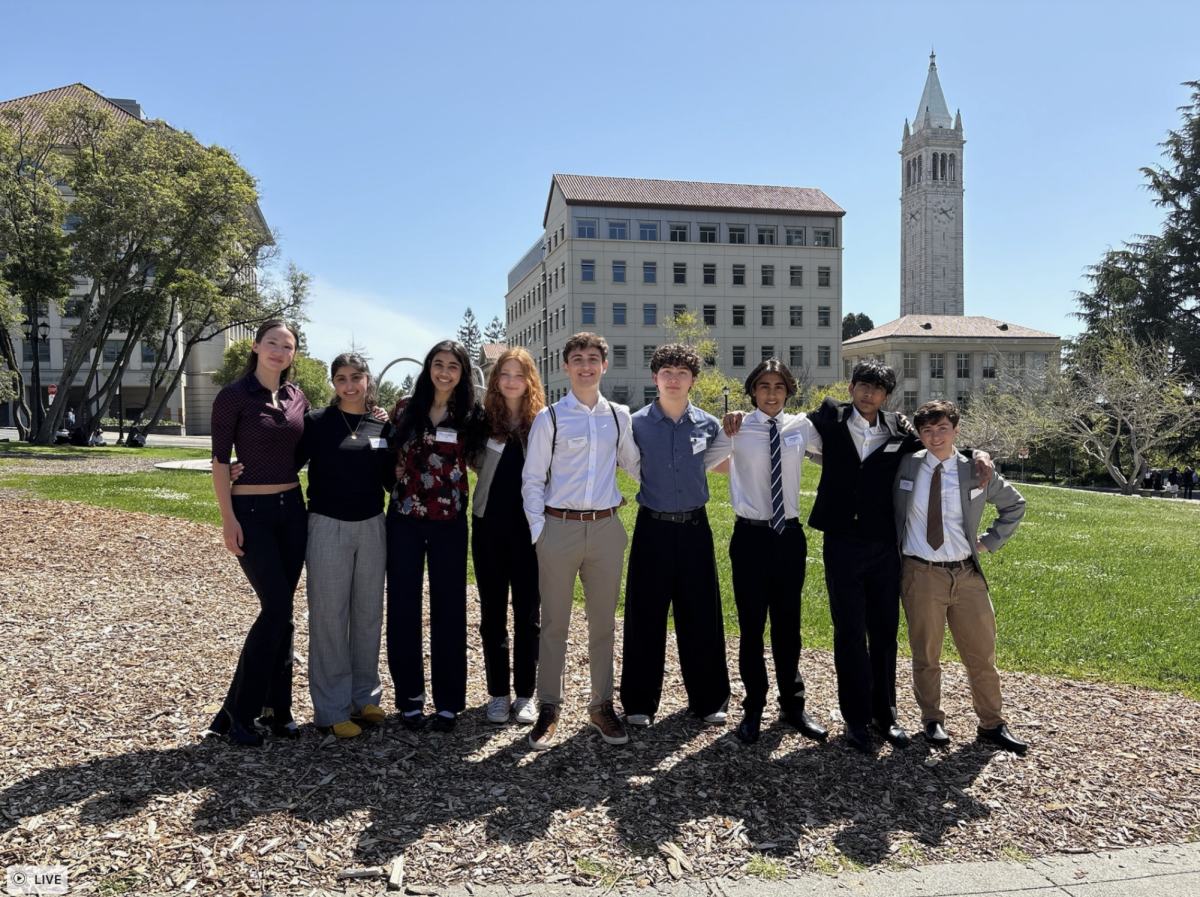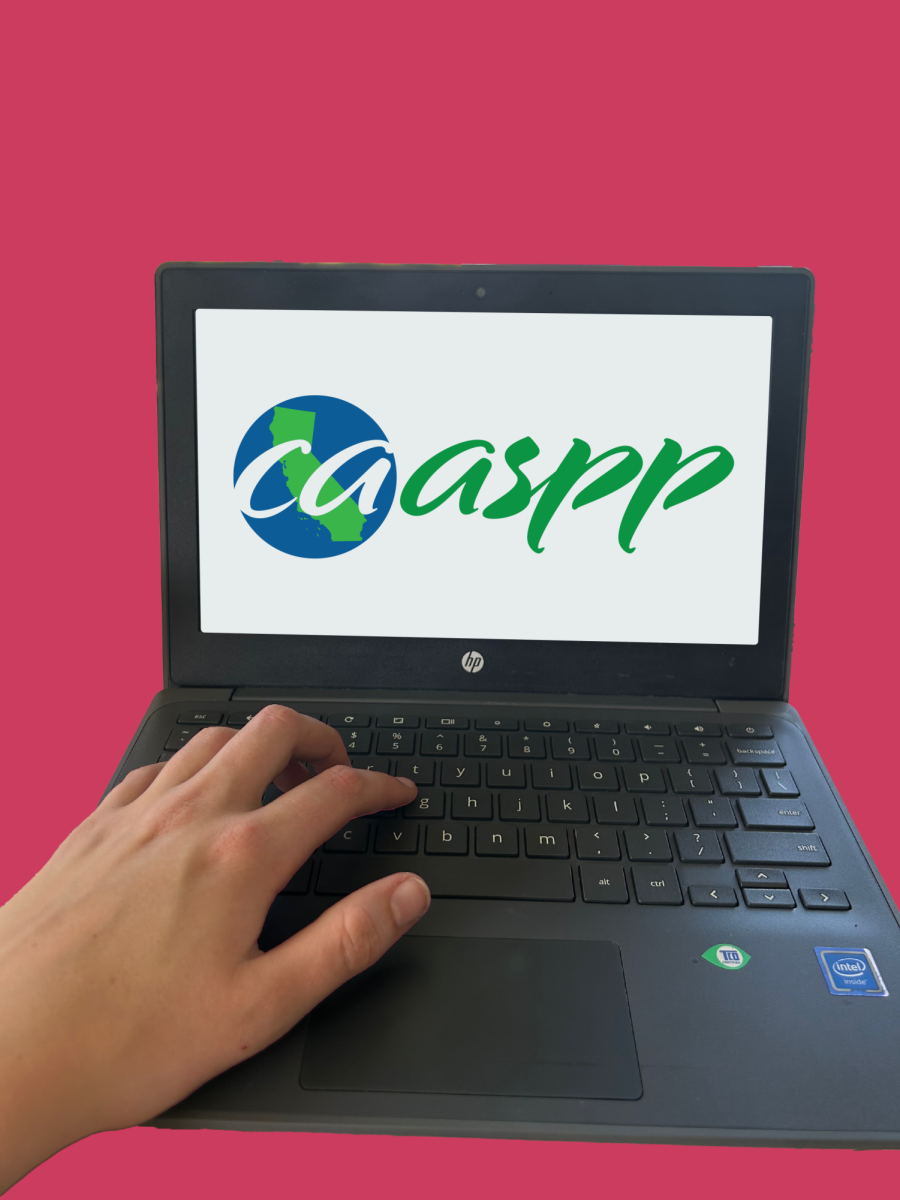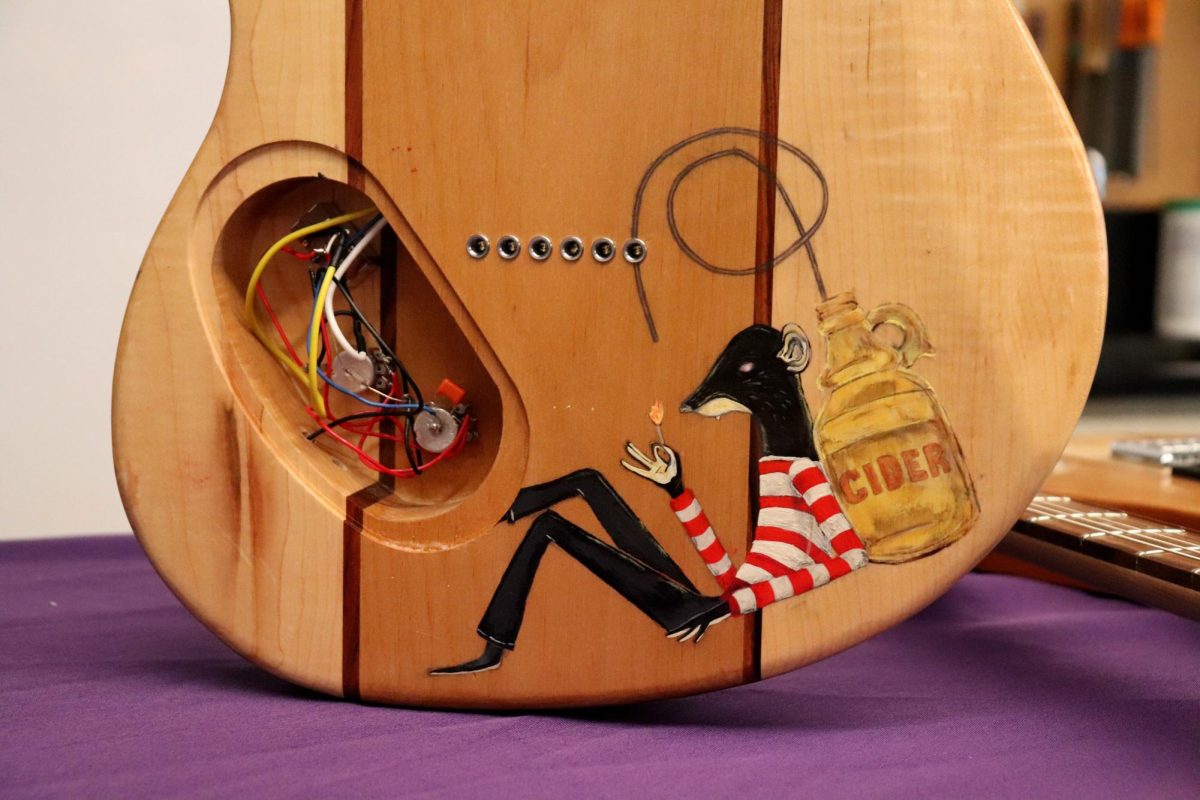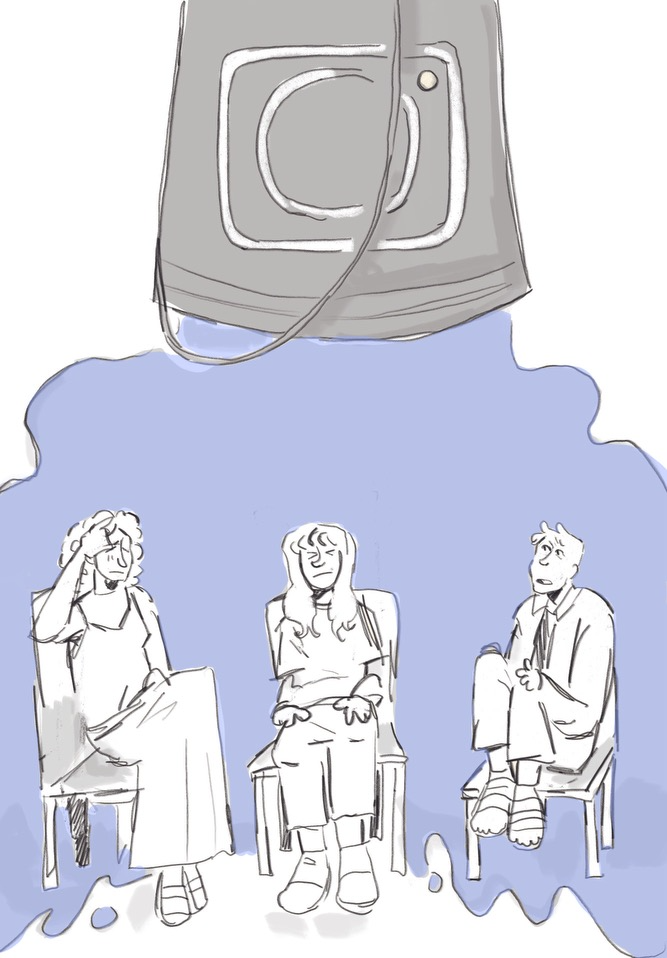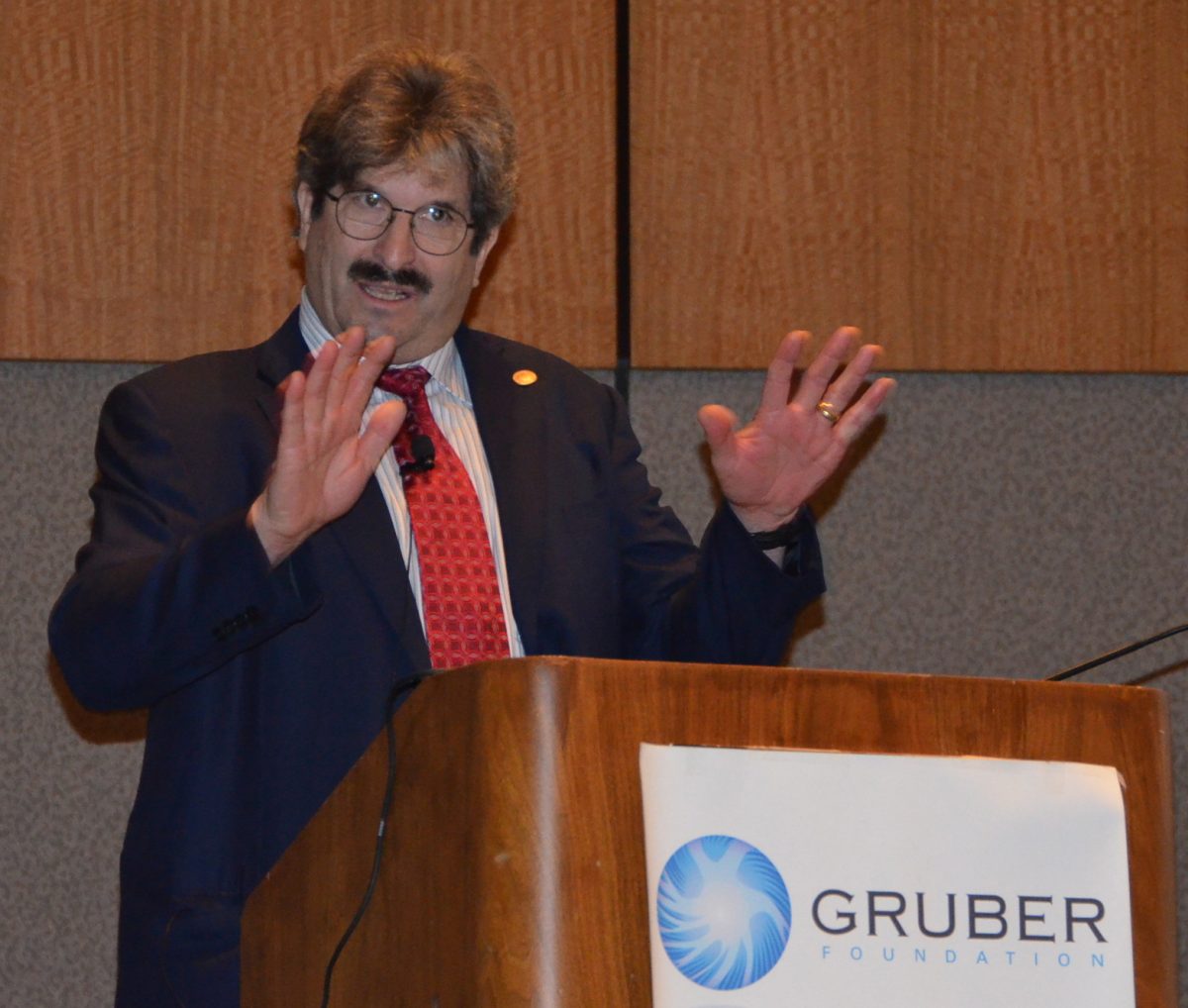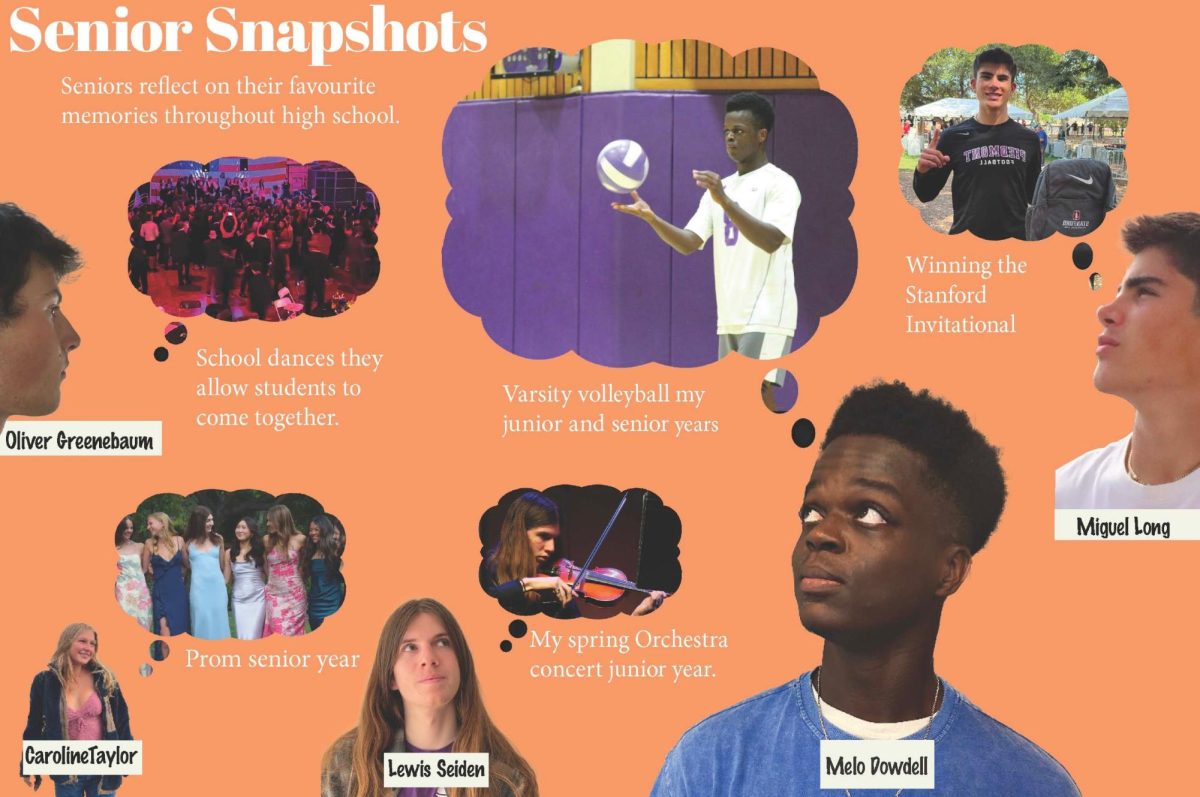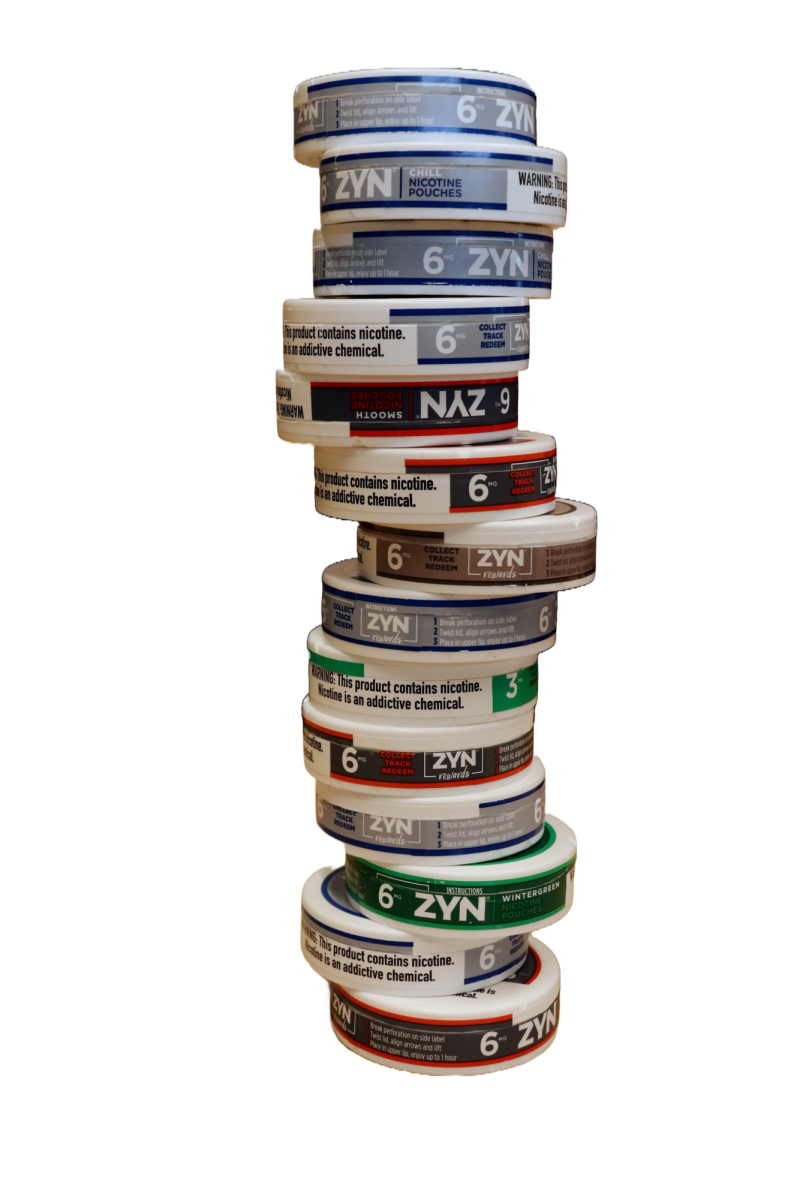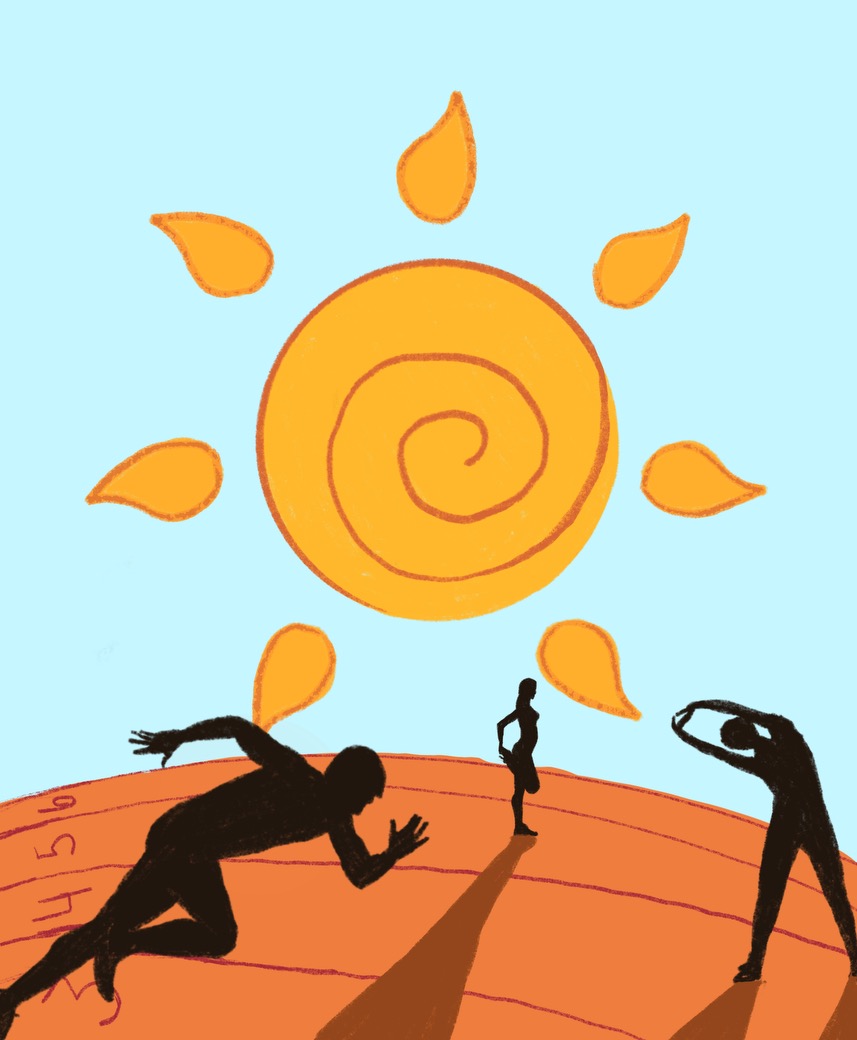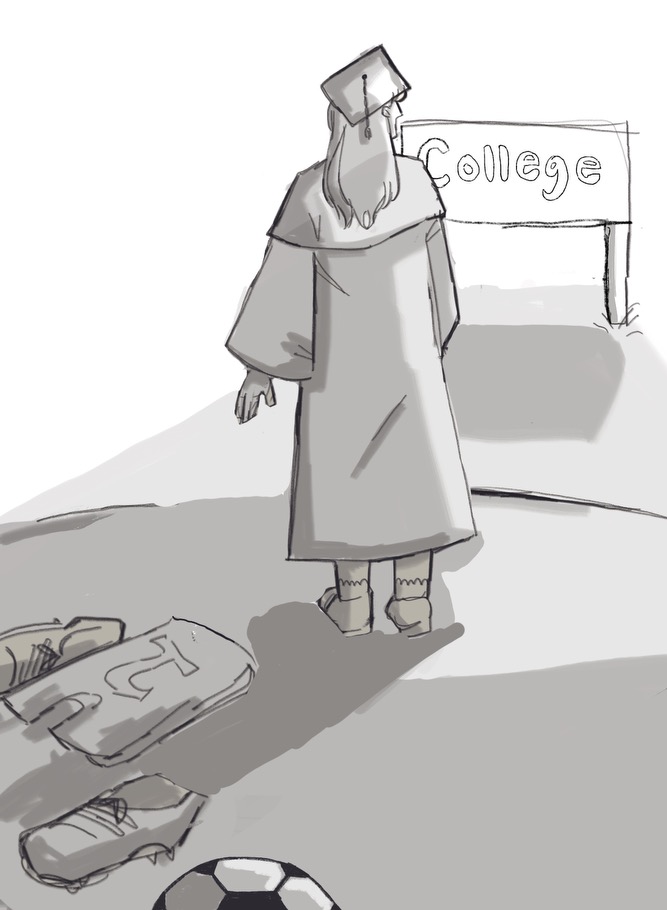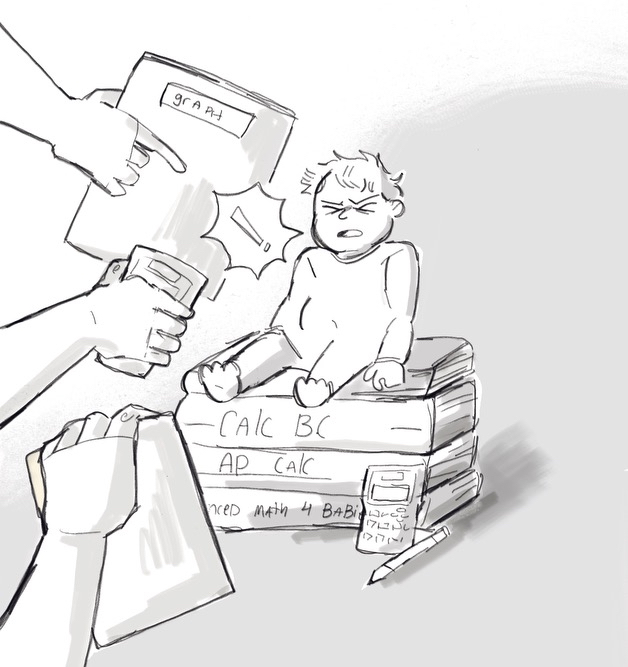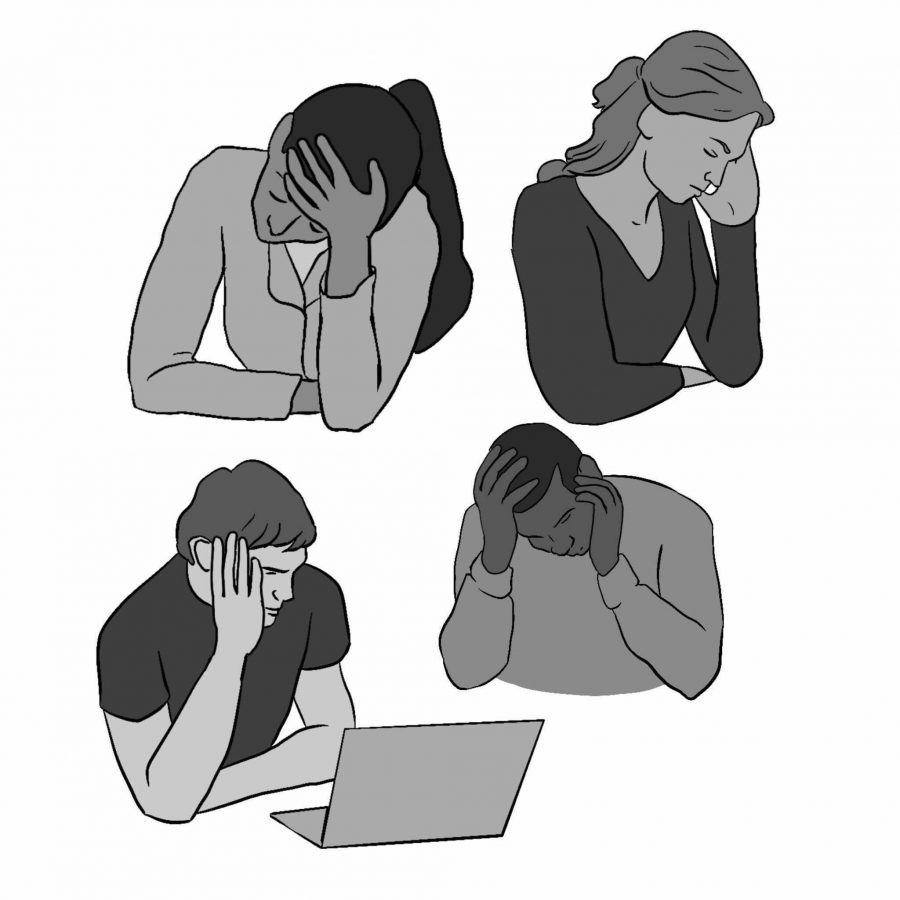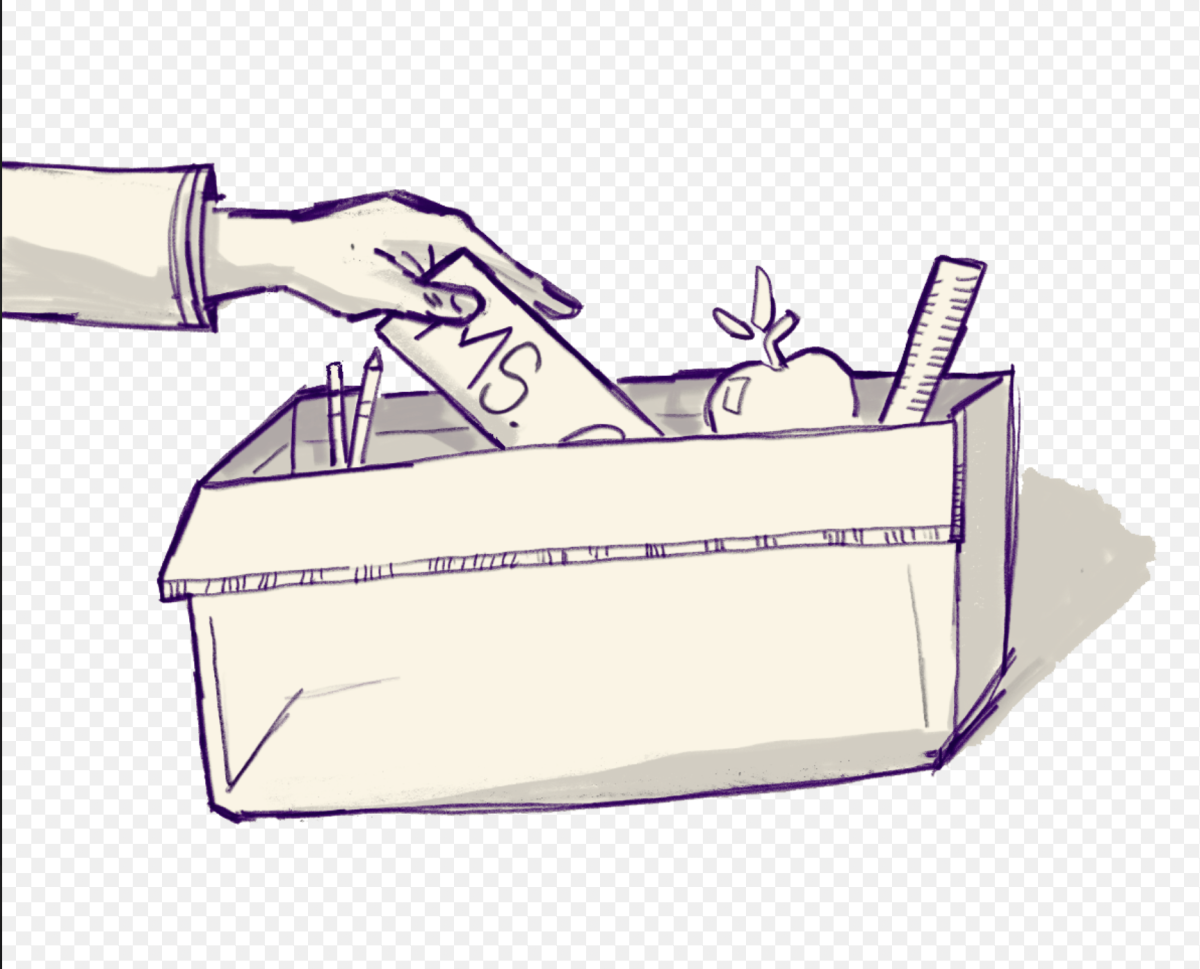A recent mental health survey taken by 808 PHS and MHS students showed that students have had increased depression and decreased energy and motivation throughout the past year.
According to the Piedmont Board of Education, students were surveyed on issues such as internalizing behavior (lack of energy, loneliness, lack of motivation), externalizing behavior (lack of focus, fighting), joy of learning, school connection, educational purpose, academic efficacy, and overall student well-being. The survey used these results to calculate the percentage of students whose well-being is at risk or significant.
According to the results, over 20% of MHS students were considered “internalizing at-risk” while roughly 4% of students were considered “internalizing significant.” As for PHS students, 14% of students were considered internalizing at risk while 4% were considered to have significant internalizing behavior. The externalizing behavior and student well-being results followed a similar trend, as MHS students tended to have higher percentages of students in the “at risk” or “significant” categories.

Senior Sophie Goix said the change of scenery from normal school years has forced her to find new activities to maintain a strong well-being.
“There’s been some ups and downs [this year],” Goix said. “The lack of stimulus definitely decreases my [overall] happiness and motivation.”
Director of student services and special education Hillary Crissinger said that the lack of a routine for students to follow and change of scenery has been hard for students to adjust to over the past year.
“When you change your routine and don’t have your typical normative practices, it can be really hard to manage time and figure out how to develop your social circle, Crissinger said.
Students have also been involved trying to make a difference. In a meeting with principal Adam Littlefield and vice principals Erin Igoe and Irma Muñoz—who all showed up at moments notice—on Jan. 7, PHS ASB expressed their stress levels headed into finals week. ASB president senior Grace Davies said that with the recent riot at the U.S. Capitol, it was hard to focus on finals.

“Everyone [was] so distracted, and everyone feels the same way,” Davies said. “Finals and studying were the last thing we could put our mind to.”
With school being fully virtual so far this school year, Davies said that teachers and students not having in-person interaction makes it harder to get a sense about what is going on in everyone else’s life.
“Admin [does not] get to hear a lot of [personal stories] because they’re not seeing students on campus everyday,” Davies said. “Things people were saying [at the meeting] were very powerful.”
Davies said that she has struggled with the difficulties of knowing how her peers and teachers are as well.
“It’s hard to get a sense of how people are doing through a screen,” Davies said.
Distance learning has made the transition for freshmen difficult this year. Freshman Hailey Marshburn said that she has found herself lost often in a new environment.
“It kind of feels like another year of middle school,” Marshburn said.
After an email sent out by Littlefield and a TPH editorial, many teachers were asked to change their final exam policy. In response, math teacher Tom Palsa made his final optional. Palsa said that he realized the lack of events outside of school impacted students’ well-being.
“Things that release stress are friends, sports, that kind of extracurricular stuff, and that’s not there anymore,” Palsa said. “If [my decision] reduces stress, it’s a pretty small concession to make.”
The pandemic has made teachers’ jobs and days harder as well. Palsa said that his day is more challenging in a virtual environment.
“This online environment is sucking the joy out of my job,” Palsa said. “The parts of teaching that make [my job] fun [take place] in the classroom.”
The pandemic has taken away lots of face to face interaction for students as well. Crissinger said that the way people interact with others has transferred more and more to the internet, making it harder for people to have those in-person interactions.
“Because you don’t have an opportunity to personally interact or discuss things, that social media presence can have more power than it really should have for youngsters,” Crissinger said.
Throughout the pandemic, depression has increased for all populations. Crissinger said that the social scene has changed drastically, affecting all of humanity.
“A lot of these social norms are missing and it makes people sad,” Crissinger said.
This year, ASB has been committed to helping students with their mental health by encouraging students to walk before school and organizing bi-weekly cafes. Marshburn said that the cafes have helped her get to know her environment better.
“Talking to different grades and hearing tips [about school has] been a relief, [especially] knowing other people did [these assignments] before me and it stressed them out too,” Marshburn said.
Marshburn, an ASB representative, said the cafes have been ASB student-heavy, but she encourages others to come in every now and then.
“People are usually afraid and [feel like] it’s gonna be awkward [to talk to new people, but] once you [start] talking it’s really nice just to talk to other people,” Marshburn said.
Goix has been going on walks before school. She said that going on walks has made a big difference in her day.
“A walk doesn’t seem like it could dramatically change anything, but the little things really do help especially when there’s a lack thereof,” Goix said.
Davies said that ASB’s mental health committee plans to continue putting on many activities for students and is open to hearing other ideas and suggestions.
“It feels very isolating, but just know the whole school community is feeling the same way and is there for you,” Davies said.
Crissinger said in times like this, it’s important to lend a helping hand to others daily.
“Right now, just be loving and positive,” Crissinger said. “Assume positive intent and just be patient.”
Contact phsasb@piedmont.k12.ca.us or 21graceda@piedmont.k12.ca.us to suggest ideas for activities.
